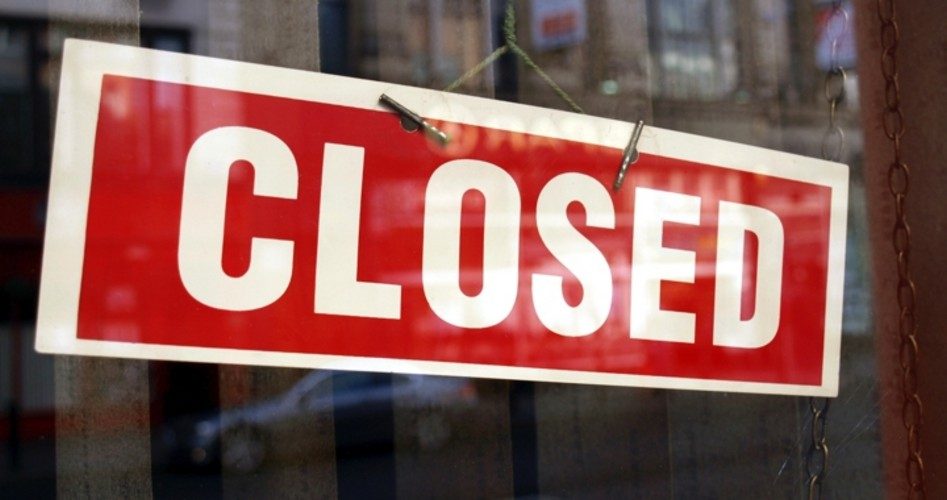
A month after Venezuelan President Nicolás Maduro imposed a mandatory 60-fold wage increase (the fifth such increase this year), nearly 40 percent of all Venezuelan stores have closed.
“These decisions are leading many business people to say, ‘No, I can’t do it any more,’” Maria Carolina Uzcategui, president of the National Council of Commerce and Services of Venezuela, was quoted by Miami Herald reporter Antonio Maria Delgado as saying.
Furthermore, businesses in Venezuela cannot offset the wage increases by raising prices because Maduro’s socialist regime has also imposed price controls, arguing that price increases are not necessary.
“We have inspections, and they force us to sell at last month’s prices,” Uzcategui said. “That takes money away from the business because of the hyperinflation, when you can’t even sell at yesterday’s prices because you lose money.”
“And anyone who protests against these measures runs the risk of going to jail, without the right to appeal, without the right to anything, simply because the official whose turn it was to inspect the store just felt like arresting you. He did it, and that’s all,” Uzcategui continued.
The Herald also quoted Caracas economist Orlando Ochoa, who explained why the stores cannot survive this latest salary increase. “The government sector has the monopoly on imports, the currency market is dysfunctional and there’s hyperinflation,” Ochoa said. “So, if salaries are increased by decree, and the commercial and industrial sectors cannot sell their products because of these problems, and on top of that because of electricity blackouts, infrastructure problems and the loss of qualified personnel, which is leaving the country, then it’s easy to understand that many may prefer to close.”
Venezuela is an extreme case, but minimum-wage laws have had a negative impact on U.S. workers as well. The reasons for this were pointed out in an article posted by The New American in January, which quoted a study done by the National Bureau of Economic Research (NBER) last October.
That report noted that the Seattle Minimum Wage Ordinance, which raised the minimum to as much as $13 per hour in 2016, resulted in reduced hours for workers in low-wage jobs by around nine percent, while hourly wages in such jobs increased by around three percent.
As a result, low-wage employees’ earnings were reduced by an average of $125 per month in 2016.
Related articles:
Venezuela: Socialism’s House of Horrors
18 States Raise Minimum Wage in 2018
Mandatory Minimum-wage Hikes Once Again Hurt Their Supposed Beneficiaries
McDonald’s Response to $15 Minimum Wage: Automation in Every Store



